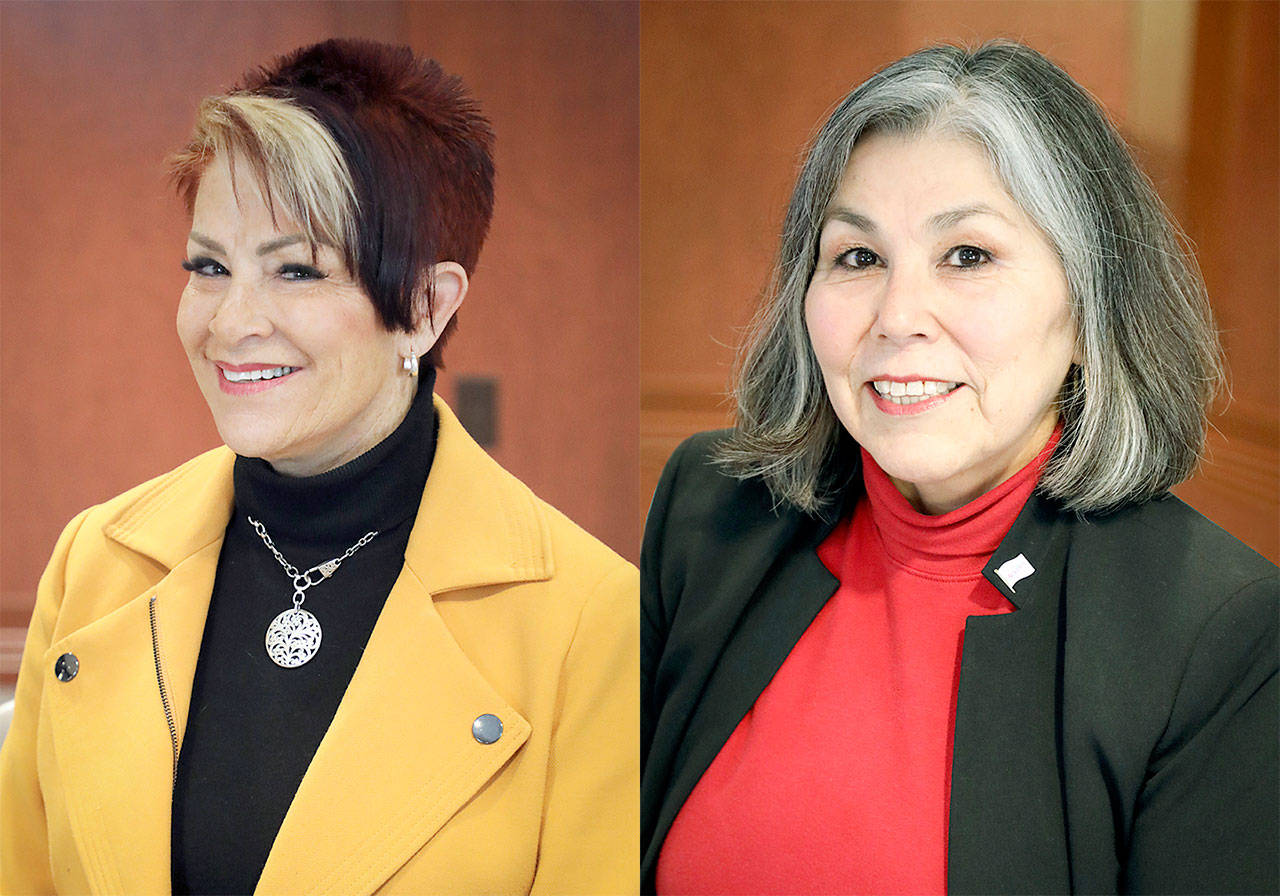Sometimes bias is out there: crude, vulgar, in-your-face.
Other times, bias flies below the radar: undetected, but glaringly plain to those who have to live with it.
For instance, an all-white city council, an all-white police force, or service policies that favor one part of town or age group or sexual orientation over another.
Like other cities have done or are doing, Auburn is poised to take a hard, formal look at its policies to determine if some of them, inadvertently, and with unintended consequences, are creating inequities out there.
To reduce blind spots and to increase equity where it may need to be addressed, said Dana Hinman, Auburn’s chief administrative officer.
But, as of Monday evening, not quite yet.
On Monday, the Auburn City Council delayed at least until its next formal meeting on July 15, a vote to give Mayor Nancy Backus the go-ahead to finalize an agreement with a consulting group called Racing to Equity to provide the city and its staff racial equity training and to develop policies.
Not to scotch the idea, council members agreed, just to work out a few problems first.
The not-to-exceed costs for the three-year agreement are $99,000 for 2019, $180,000 for 2020, and $131,000 for 2021.
Here’s what the city would get for its dollars:
• Development of racial equity policies and equity tools;
• Racial Equity Adaptive Leadership (REAL) training for city management teams and employees;
• Strategic, racial equity, executive advising for the mayor, department directors and leadership teams;
• Research, analysis and metric development for Auburn’s program;
• Development of a “Racial Equity Team,” to include training and strategic advising during the first two years of the team’s creation;
• Facilitating Auburn’s “Racial Affinity Caucusing” groups;
• Strategic advising for city leaders on community engagement measures; and;
• “Train-the-trainer” program development to support internal sustainability of the equity and implicit bias program.
Before the vote to delay action, Councilmember Largo Wales reminded her peers that, given this fall’s elections, by the start of 2020 there could be as many as three new council members on the dais, and that for that reason, she suggested it might be best to delay the proposed 40 hours of council training for one year until the new members are seated.
Wales also found the scope of the program too narrow.
“Race is absolutely important, but in this community – you’ve got to put up with me being the old (Auburn School District) Special Education director – we’ve got to take into consideration not only people with disabilities but the elderly, and, historically, a significant portion of our population, which is our veterans. And I think we need to look at some of the sexual-diversity-type issues,” Wales said.
An impassioned Yolanda Trout-Manuel, the lone Latina on the council, recounted some of the discrimination and ugly incidents she has faced in her life, including what she had heard from residents who told her they would, “never vote for a Mexican.”
“Just recently, I also received a phone call saying, they already know I’m a Latina, that I’ve been ‘a Latina for several years.’ No, I’ve been a Latina my whole frigging life! This is (something) we definitely need in our city, even though it’s going to cost us money. There are still people walking around with blinders, and we need to see this and hit it head on, where the root cause is,” said Trout-Manuel, adding that she hoped her peers would vote yes that night.
Councilman Larry Brown said racism, unfortunately, is as old as the nation, and that though the nation has been working it out ever since its founding, and is a better country for it, the work is by no means completed.
“There are a number of areas where we need to work on implicit bias, such as LGBTQ, ageism, disability, discrimination, religious discrimination, but the foundation for hate in our community is racism, and we must do something about it to build the kind of community and the future that we want,” Brown said.
Responding to some of the issues expressed, Mayor Nancy Backus said that the resolution as it stood before the vote covered all the concerns council members had just raised.
“Just because it says ‘racial equity,’ in no way, shape or form says anything about not focusing on some of the other isms, such as ageism, disabilities, or any of the other isms,” Backus said. “… I hope at some point all seven council members will be here again. That hasn’t been the case for several meetings. And if July 15 comes, and July 15 doesn’t have seven council members, I hope that at some point this council decides it’s time to move forward on this.
“… I believe that while everyone on this council has the best of intentions, we all have a need for additional help with racial equity and implicit bias. Every one of us has biases, every one of us has room for improvement. And while we may not intentionally do something to harm another fellow human being, we can all do better about intentionally ensuring that we do not,” Backus said.



